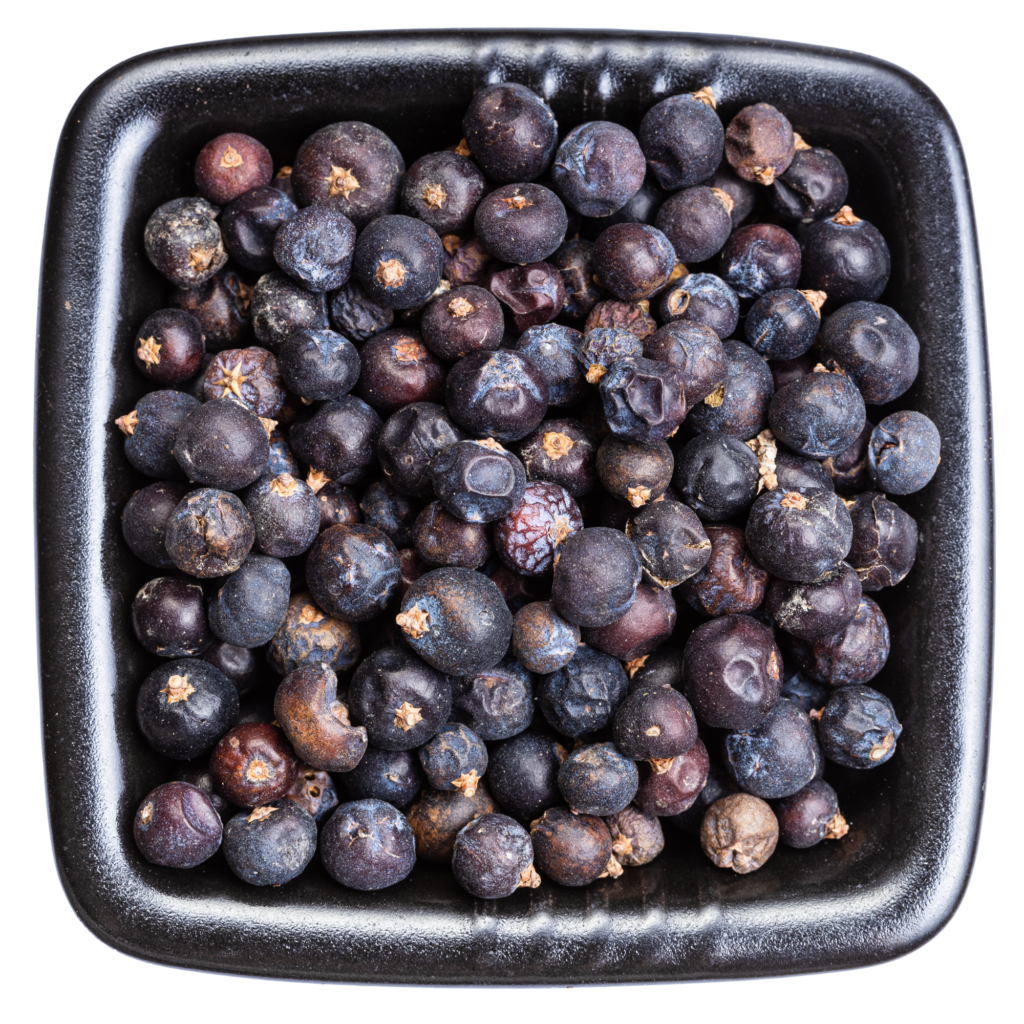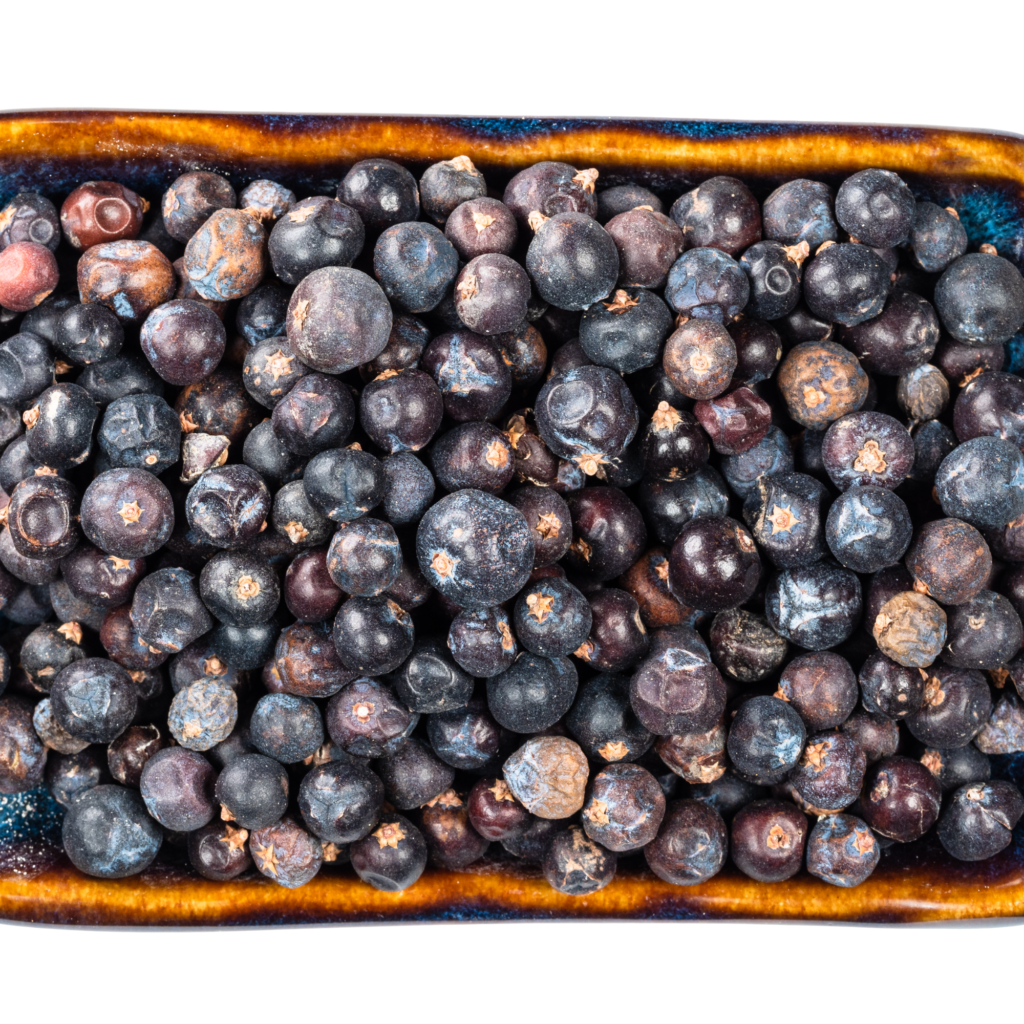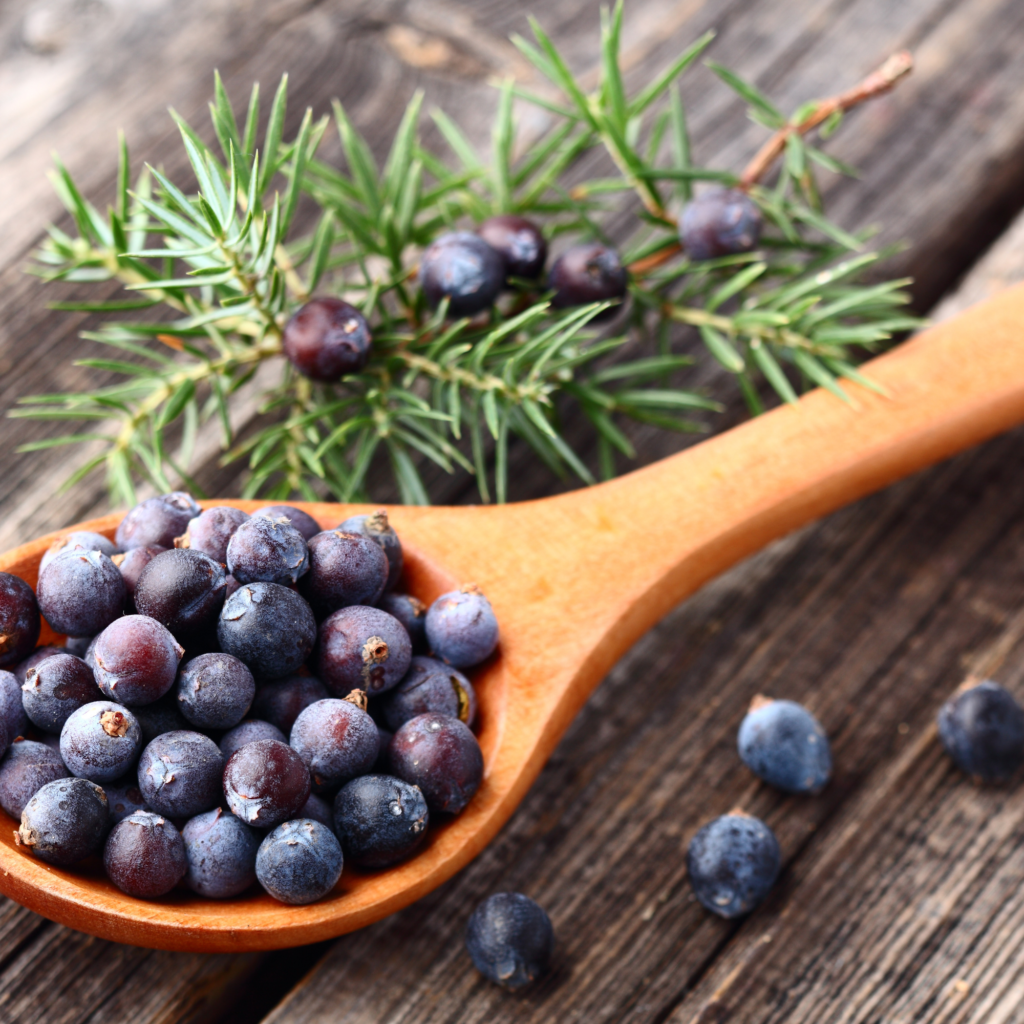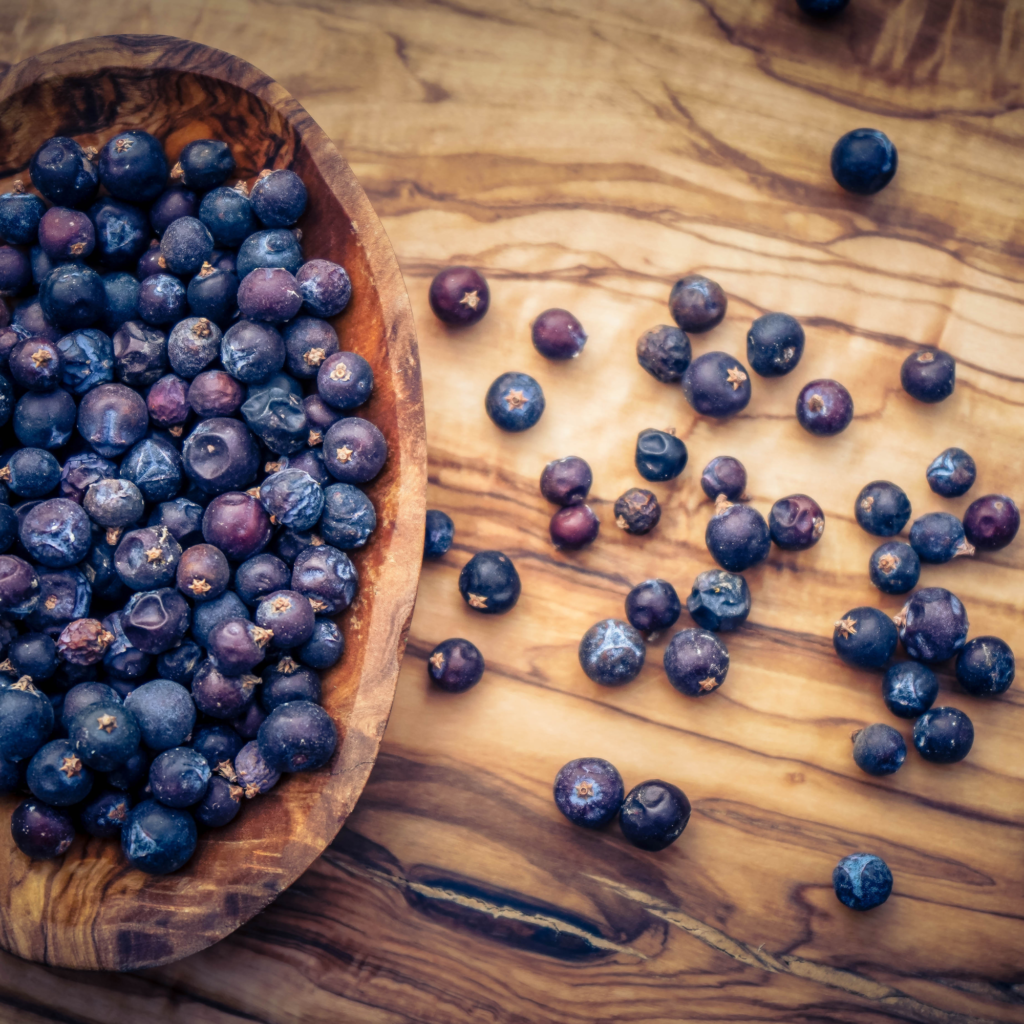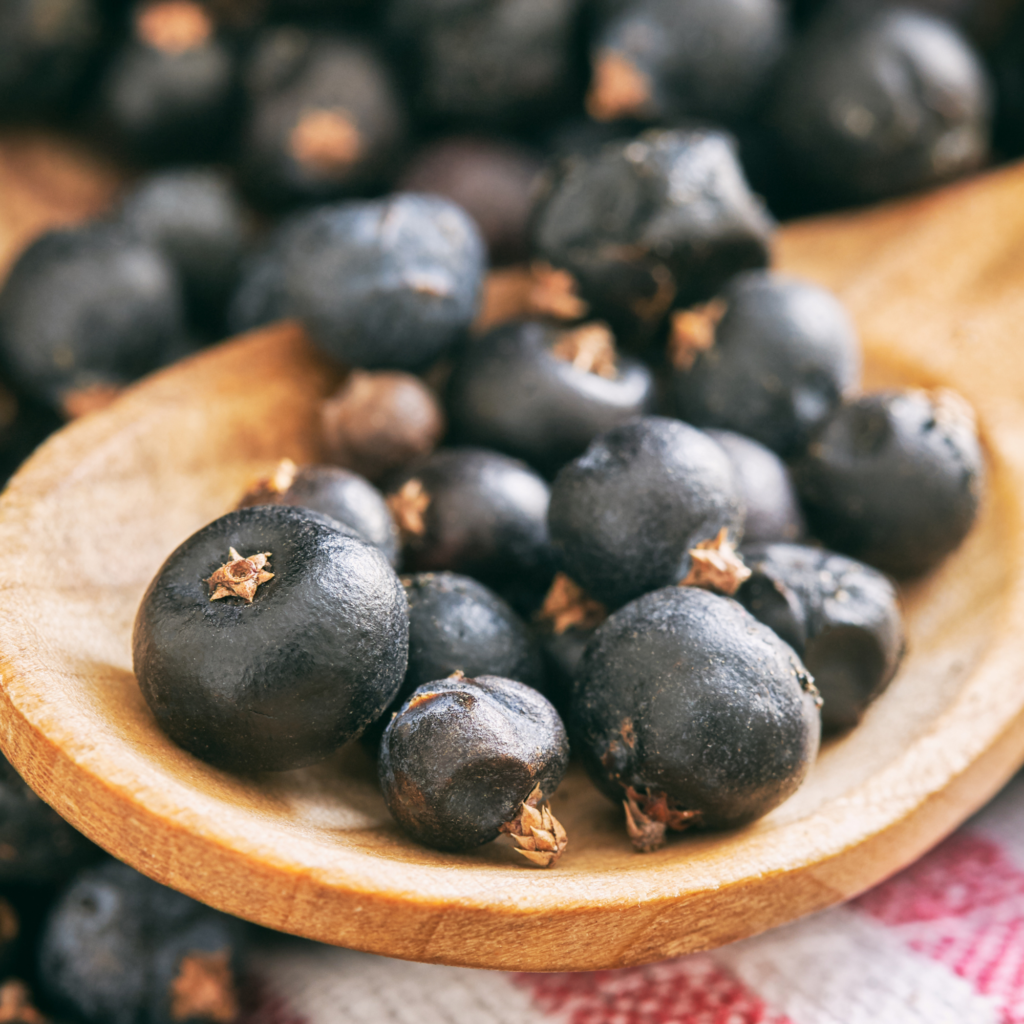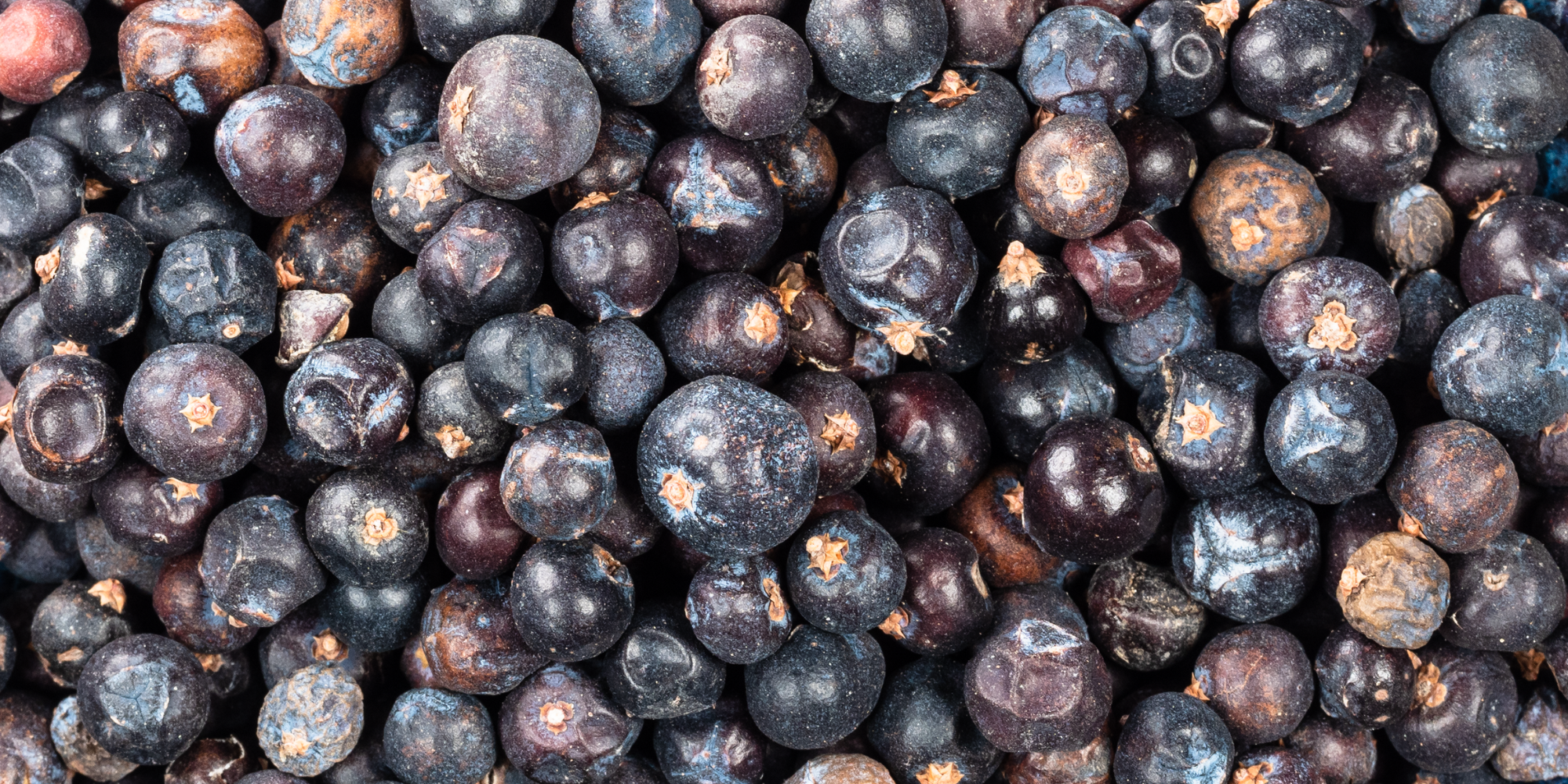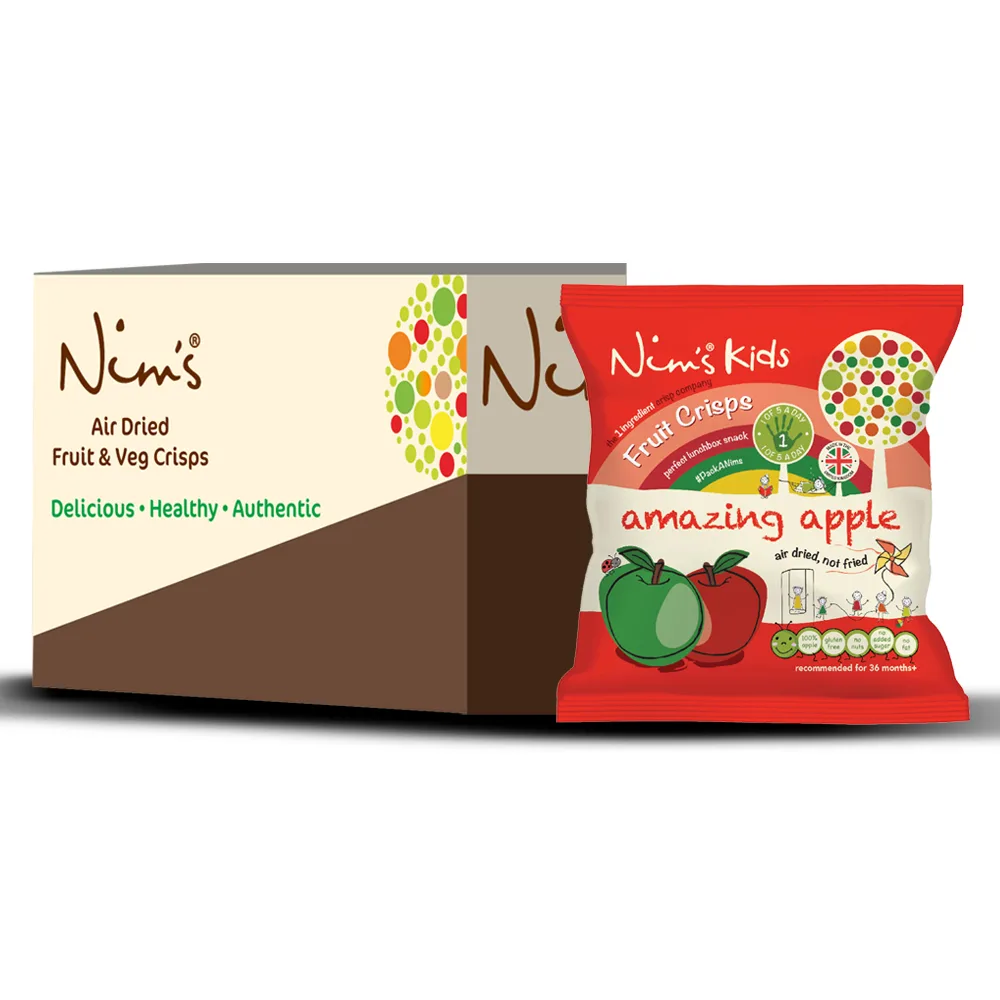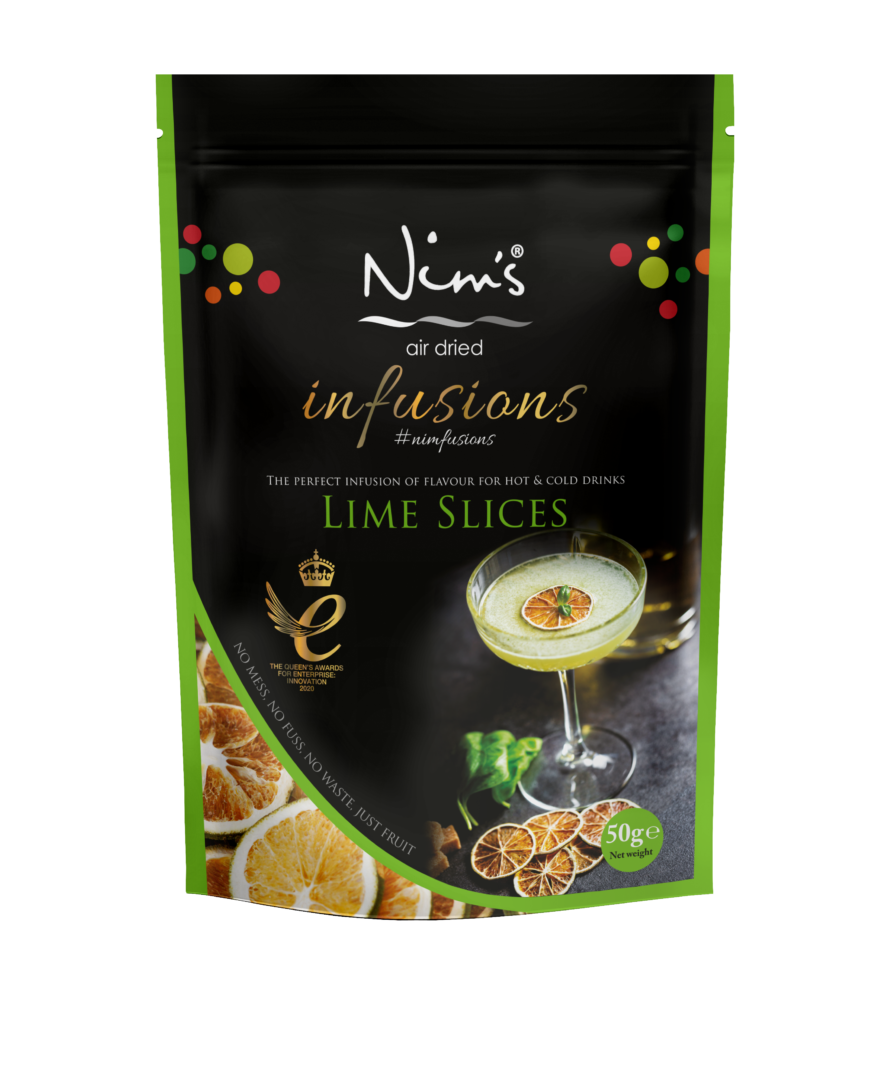Juniper berries are small, dark purple fruits harvested from the branches of juniper trees. Known for their unique and aromatic flavor, these berries have been used for centuries in various culinary applications. In this article, we will explore the history, culinary uses, and health benefits of Premium Dried Whole Juniper Berries, particularly in the context of gin. We will also take a trip to Nim’s store, a renowned source for high-quality juniper berries.
What are Juniper Berries?
Juniper berries, scientifically known as Juniperus communis, are not real berries but rather the female seed cone produced by juniper trees. They have a distinct flavor, combining elements of citrus, pine, and a mild herbal essence. Juniper berries grow on evergreen shrubs and can be found in various regions around the world, including North America, Europe, and Asia.
The History of Juniper Berries
Juniper berries have a long and storied history. They were used by ancient civilizations, such as the Egyptians and Greeks, for medicinal purposes. In medieval times, these berries were believed to ward off evil spirits and were often used in cleansing rituals. Over the years, juniper berries have found their way into traditional dishes and beverages, and their popularity continues to grow.
Culinary Uses of Juniper Berries
Juniper berries offer a wide range of culinary possibilities. They can be used to flavor meat dishes, such as roast venison or lamb, and add a unique twist to vegetable-based recipes. In Scandinavian cuisine, juniper berries are a key ingredient in making gravlax, a traditional cured salmon dish. These berries also enhance the flavor of sauerkraut, pickles, and marinades, imparting a delightful aromatic profile to the food.
The Role of Juniper Berries in Flavoring Gin
When it comes to Premium Dried Whole Juniper Berries, one application stands out – gin. The distinct taste and aroma of juniper berries are essential in creating the classic flavor profile of gin. Juniper berries are the primary botanical used in gin production, contributing to its piney, resinous, and slightly fruity character. Without juniper berries, gin would lose its defining essence.
Exploring Nim’s Store
Nim’s store is a treasure trove for juniper berry enthusiasts. With a wide selection of Premium Dried Whole Juniper Berries sourced from top-quality suppliers, Nim’s store ensures that customers have access to the finest ingredients. Whether you are a professional chef or an avid home cook, Nim’s store offers a delightful shopping experience for all your Premium Dried Whole Juniper Berries needs.
How to Select and Store Juniper Berries
When purchasing juniper berries, look for plump and firm berries with a deep purple hue. Avoid berries that appear shriveled or have a dull color. To maintain their flavor and freshness, store juniper berries in an airtight container in a cool and dark place. Proper storage will ensure that your juniper berries stay potent and ready to elevate your culinary creations.
Tips for Using Juniper Berries in Cooking
To maximize the flavor of juniper berries in your dishes, it is advisable to crush or grind them just before using. This breaks down the protective layer of the berries and releases their essential oils. Remember that juniper berries have a strong flavor, so a small quantity can go a long way. Experiment with various recipes and cooking techniques to find your preferred way to incorporate juniper berries into your culinary creations.
The Health Benefits of Juniper Berries
Beyond its culinary applications, juniper berries also offer several health benefits. They are rich in antioxidants, which help combat oxidative stress and support overall wellbeing. Juniper berries have been used in traditional medicine to aid digestion, promote urinary tract health, and soothe joint discomfort. However, it is important to consult with a healthcare professional before using juniper berries for medicinal purposes.
Risks and Precautions
While juniper berries have numerous benefits, it is essential to exercise caution. Pregnant or breastfeeding individuals should avoid consuming juniper berries due to their potential uterine-stimulating effects. Individuals with certain medical conditions or those taking medication should consult their healthcare provider before incorporating juniper berries into their diet. Additionally, moderation is key when using juniper berries in culinary preparations, as excessive consumption can lead to adverse effects.
Juniper berries are nature’s flavorful gems, adding a unique taste and aroma to various culinary creations. From gin production to traditional dishes and beyond, these berries have stood the test of time. Nim’s store offers a fantastic array of juniper berries for culinary enthusiasts, ensuring top-notch quality and satisfaction. Remember to explore the versatility of juniper berries and savor the delights they bring to your meals. Embrace their rich history, health benefits, and the boundless possibilities they offer in the kitchen.
FAQs
- Can juniper berries be eaten raw? Juniper berries are generally too bitter and astringent to be consumed raw. However, they are commonly used as a flavoring agent in cooked dishes and beverages.
- Can juniper berries be used in sweet dishes? While juniper berries are typically associated with savory dishes, they can indeed be used in sweet dishes as well. Their unique flavor can add depth and complexity to desserts, such as ice creams or pastries.
- Are there any alternatives to juniper berries in gin production? Juniper berries are the quintessential ingredient in gin production, and there are no direct substitutes for their distinct flavor. However, some botanicals, such as coriander seeds or angelica root, can complement the flavor profile in the absence of juniper berries.
- Can I grow juniper trees and harvest my own berries? Yes, juniper trees can be grown in certain regions, depending on climate and soil conditions. However, it is crucial to research specific species and their requirements before embarking on growing juniper trees. Harvesting juniper berries requires proper knowledge to ensure optimal maturity and flavor.
- Are there any known allergies associated with juniper berries? While rare, some individuals may have allergic reactions to juniper berries. It is advisable to exercise caution and discontinue use if any adverse symptoms, such as skin irritation or respiratory distress, occur.
